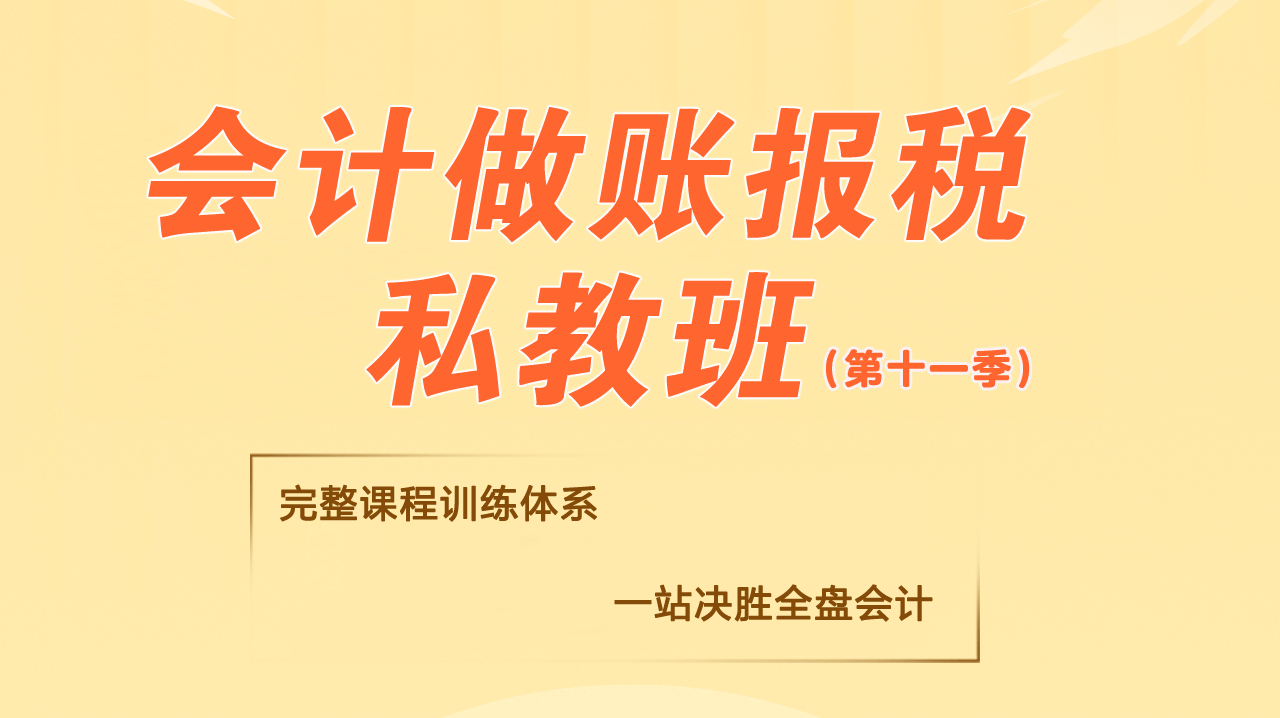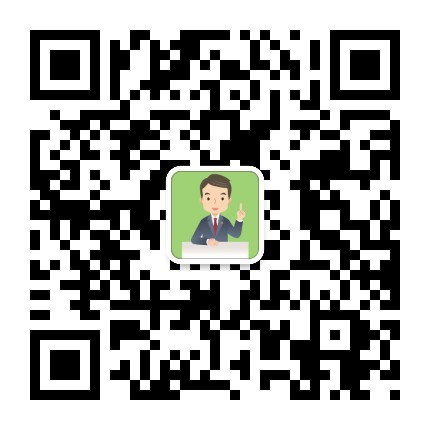熟知不同的面试形式
面试的形式有很多种:一对一面试、一对多面试、群面、电话面试、甚至还有刻意刁难应征者的“压力面试”等等这些面试一般涉及哪些问题?又有什么应对方法?今天就一起来看看吧。
The traditional job interview uses questions to find out if you have the necessary skills and enthusiasm for the post, along with the ability to fit in. If you are able to successfully communicate answers to questions such as; “what are your strengths and weaknesses” or “why do you want to work for this company” there is a good chance the interview will be a success.
传统的面试方式是通过提问来看应征者是否具备职位所需的技巧和热情,以及是否具备相应的能力。如果你能成功回答诸如:“你的优势弱势是什么?”或者“为什么想在这家公司工作”一类的问题,那么被录取的可能性还是蛮大的。
Another popular interviewing technique is more behavioural. Typical questions asked in a behavioural interview might be; “tell me about a time when had to face a difficult problem” or “have you ever failed to achieve a goal”.
另外一种常见的面试技巧,是通过以往的职场行为来了解应征者。典型的问题包括“描述一个你曾经面对的困难”或是“你是否未能达成某个目标”。
The telephone interview is used by many companies merely as screening interview to weed out weaker candidates. However it is also a good method to get in touch with people in other countries. Therefore for those wishing to work abroad it may be the first interview they have.
许多公司都会用电话面试来过滤掉第一批不符合标准的应征者。不过电话面试也同样适用于面向国外招聘。因此如果你希望出国工作,那么电话面试很可能是你面临的第一关。
A group interview is designed to see how you interact with others. Prospective candidates are gathered together for an informal discussion about some topic. The job seekers who shine at this kind of interview will be asked back for a personal interview.
小组面试(多个应征者)是为了看应征者如果与人交流而设计的面试形式。应征者们会被组织起来讨论某个话题,如果在讨论中你的表现出众,则可能进行单独面试。
The one to one interview occurs after you have already convinced your prospective employer that you have the skills and education necessary for the job. This might have been established because of the excellence of your CV and covering letter. In addition there may have been a telephone interview where you impressed them enough to proceed to this stage.
一对一的面试通常出现在对方已经肯定你具备胜任这份工作的技巧和知识后。对方可能是根据你的简历及自荐书确定你的能力。也可能是通过电话面试筛选你进入这个流程。
The opposite of a one to one interview is a committee interview. Here you will face several members of the company and be asked a wide variety of questions; they may set you a problem to see how well you can come up with a plan for dealing with it.
与一对一面试相对的则是群面(多个面试官)。在这种形式中你将面对多个面试官,被问到许多不同的问题。他们也可能要你设想一种困难的情况,看你如何解决。
A lunch interview might seem more informal but remember you are still being observed. You should treat it in the same way as an office interview but try to relax and get along with your interviewer.
午餐形式的面试可能看来比较轻松,但别忘了你依然是在面试、对方会观察你的行为。所以你应该像对待办公室内进行的面试那样、不要小瞧它,但同时也要相对放松一点、和你的面试官随性一点相处。
If the position you are applying for involves a lot of stress the interviewer might deliberately set up a stressful situation. These stress interviews are designed to see how well you would handle pressure. The interviewer may keep you waiting or be rude, sarcastic or argumentative. Don’t take it personally, stay calm and stick to what you had planned to say. Most candidates never come across this type of interview but you should know they exist.
如果你申请的职位需要处理压力较大的工作,那面试时对方可能会刻意设计一个压力较大的面试环境。这是为了观察你如何应对压力。面试官可能会故意让你等、不然就是刻意表现得很粗鲁、对你挑刺、跟你争辩。记得不要太在意这些,镇静一点,把你想表达的都表达到。大部分的应征者都不会遇到这种面试,但是你要知道这类型面试是的确存在的。
The situational interview and the case interview are similar. In a situational interview you will asked how you would respond to a specific situation. You could be asked, for example, how you would handle an angry customer and you should draw on your past experiences to give an answer, with examples and stories to back you up. A case interview is much more specific and is used by employers such as management consulting firms and investment banks. Here you are asked to discuss a particular business problem in order to assess your problem solving skills.
“事例面试”或是“事件面试”比较类似。在“事例面试”中,面试官会问你如果处理一个具体的事例。比如“你如果应对一名生气的顾客?” 你要用自己过去的经验来应答,并举例说明来证实自己的说法;而“事件面试”中的问题可能涉及更多细节。通常管理顾问公司和投资银行会用到这种面试形式。面试官会问你如何处理一种特别的商务问题,从而看你是否有能力解决。



